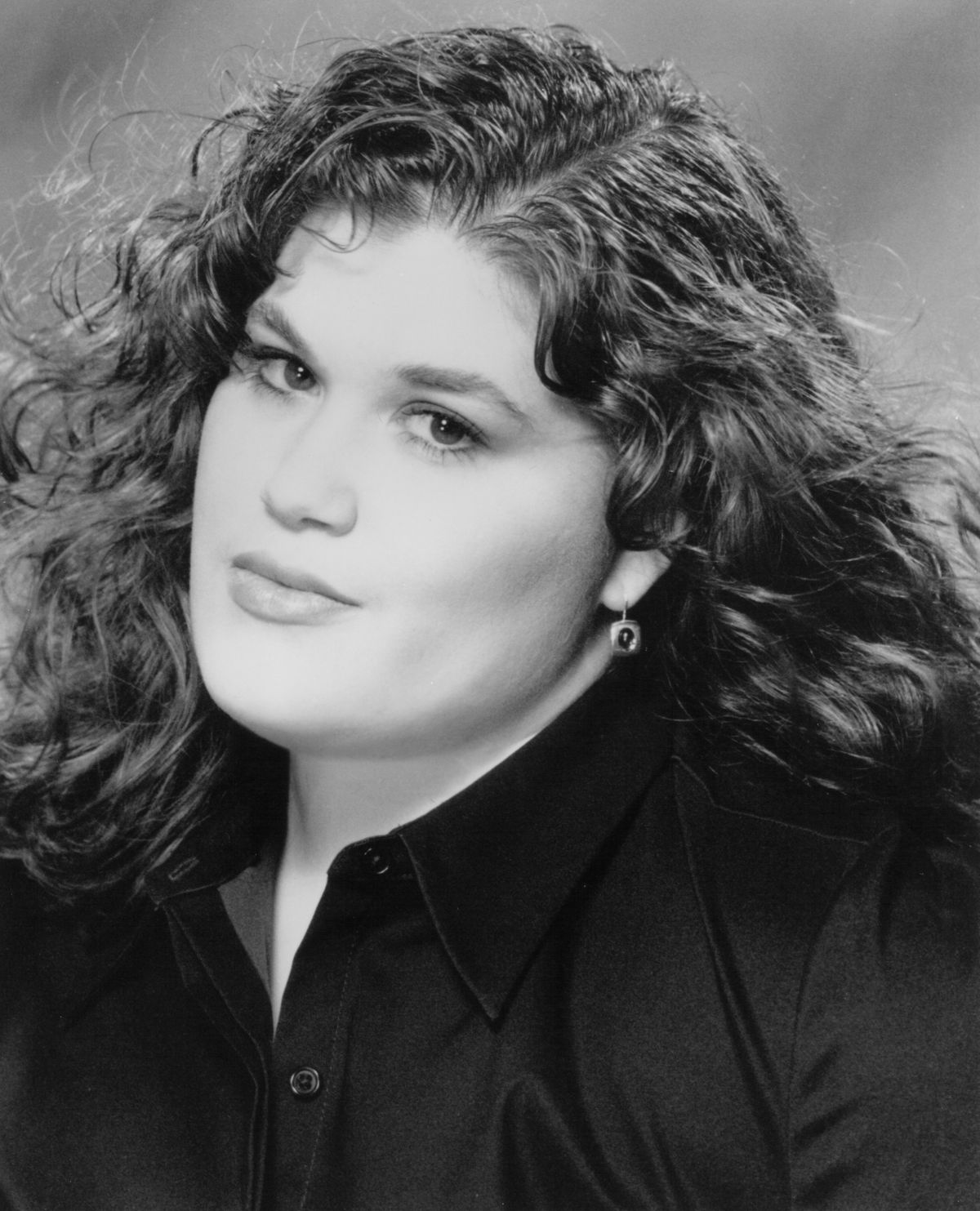For soprano Amy Porter, a director and lecturer at Gonzaga, opera is her magic flute

Growing up in church choirs and with flute lessons, Amy Porter never thought much of her voice. She knew she could sing, but it wasn’t until high school, when she landed the role of Fiona in a production of Alan Jay Lerner’s “Brigadoon,” that she realized she might have a real talent.
“I thought everyone sounded like Julie Andrews when they sang along to ‘The Sound of Music,’ ” she said, explaining how the audience’s response surprised her. Born in New Orleans, Porter spent most of her school-aged years in Orange, Texas, before returning to Louisiana to pursue flute and vocal performance in college.
There, professors encouraged her to cultivate her naturally operatic sound by switching her focus to classical voice and opera. “My parents were both kind of science and math people,” she said. “So I was the oddball … and, basically, I didn’t really learn about opera until I got to college.” And she hasn’t stopped learning since.
“That’s one of the beauties of music – there’s no stopping point,” she said. “You never reach a point where you know everything. The amount of music and skill and knowledge that exists in the world is almost infinite. So, it cannot be learned by one person.”
With her doctoral dissertation all but written, Porter moved to Spokane in 2012 for a lecturing position at Whitworth, then moved to Gonzaga’s Music Department, where she has taught a variety of courses, including applied voice – that is, voice lessons – vocal pedagogy, song literature and ear training labs since 2013.
Today, in addition to her permanent lecturing position at Gonzaga, Porter serves as director of the university’s Discantus Treble Choir and artistic director of the Spectrum Singers. She is also serving as interim director of the Gonzaga Music Department’s Choirs and Voice Studies as well as interim director for the Gonzaga Concert Choir.
As a professional soprano, Porter has performed a host of bel canto and other standard operatic roles, including Königin der Nacht (“Die Zauberflöte”), Violetta (“La Traviata”), Lucia (“Lucia di Lammermoor”), Mimi (“La Bohème”), Marguerite (“Faust”), Contessa (“Le Nozze di Figaro”) and Alice (“Falstaff”), among others, ranging from contemporary to pre-classical repertoire.
Most recently, Porter has performed as a featured soloist with Inland Northwest Opera, the Spokane Symphony, Spokane Kantorei Choir & Collegium Orchestra and Chorale Coeur D’Alene. “I like to say I decided I wanted to be on the stage, not underneath it,” she said.
But she never entirely abandoned the flute. In fact, beyond the string of voice teachers and coaches who pushed her to improve over the years, Porter, now a doctor of musical arts, credits much of her early success to having studied other instruments first. First, studying these instruments gave her a leg up when it came to reading sheet music, understanding dynamics and collaborating with other players.
“Being a flute player meant that I had already started really understanding music and really knowing how to read music very well at a much younger age than some of my fellow classmates who maybe had just started with singing,” she said.
And on another level, she explained, starting to study voice too early can be detrimental if not dangerous. “You can have piano prodigies, violin prodigies, but there’s no such thing as a vocal prodigy,” she said, explaining that unlike other instruments, a vocal performer’s instrument matures and ages as they do.
Putting a 7-year-old up against a professional opera singer would be like expecting a tee-ball player to compete in the major leagues, she said. It’s physically impossible. For young singers, Porter recommended the following:
“If a parent wants their kid to be a great singer, ironically, starting lessons later is usually a good idea because when you’re really young, those vocal structures are really, really vulnerable and easy to damage,” she said.
“Reading music is the most important thing. Getting somebody into a kid’s chorus is great. But if you want them to have really great musicianship, the No. 1 goal should be to get them into instrumental lessons.”